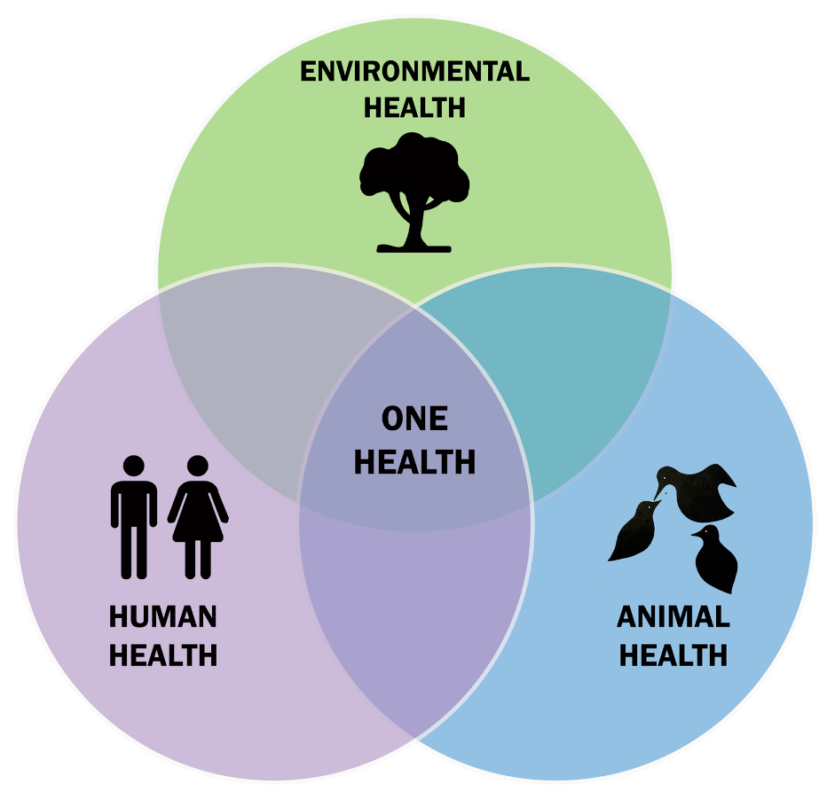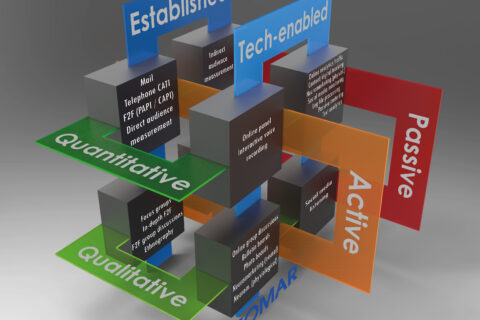This paper explains the opportunities for research to embrace planetary pressures by supporting One Health. Companies and brands can now better understand consumers by benefiting from more systemic insights in the creation of new products and services and improvements to existing products in a post-crisis economy where well-being, health and environmental concerns prevail.
The Human Development Index 1990
The 1990 Human Development Report of the United Nations Development Programme (UNDP) from economists Mahbub ul Haq and Amartya Sen’s Nobel Prize entry was a game-changer. Instead of looking solely at income, they developed the Human Development Index (HDI) which aggregated income, education and life expectancy.
Fast forward to ESOMAR’s conference in Davos in 1994, a group of international researchers consisting of Titoo Ahluwalia, Jacques Antoine, Peter Baker, Jean-François Boss, Susanna Cesarini, Jo Ebhomenye, Christopher Robinson and Simona Segre decided to do something in response to this. The group decided to support research on literacy and acknowledged other efforts in addition to the UN’s ‘Education for All’ objectives.
In those days, the internet was just emerging. To reinforce desk research, we set up a shareable database maintained by an office in New Delhi that could be shared, covering innovations and research. We worked with NGOs in the field as well as with IGOs (EU, UN agencies) who:
- Monitored NGO activities in Sub-Saharan Africa and South Asia, the two areas with the highest illiteracy rates
- Provided NGOs with training in monitoring and evaluation (M&E). Since many were grass-roots organizations, we needed to be practical. The database was made available through libraries
- Assessed literacy levels by piggy-backing representative national or quota-based surveys in Africa and Asia which were shared with UNESCO
- Advocated for the Education for All research findings at the European Commission and the European Parliament with the help of MEPs Maren Günter and Bernard Kouchner and the 37th G8 summit of Lyon regarding a declaration for a ban on child labor
- Supported UNESCO’s Global Monitoring Report on ‘Education for All’, an international survey in 2011
As researchers, we enjoyed the new issues, market and social research, being of the same family, and had the opportunity to report to decision-makers.
The new Planetary pressures-adjusted Human Development Index 2020
In the UNDP’s is their 2020 Human Development Report entitled “The next frontier Human Development and the Anthropocene” This now integrated data from energy systems, material cycles, and the transforming of our future into an aggregate of metrics.
The report explains that, for the first time in our history, the most serious and immediate risks are human-made and are unfolding on a planet-wide scale. These range from climate change to the Covid‐19 pandemic to rising inequalities. In doing so it asks the following questions:
- In the face of uncertain futures, do we choose to embark upon bold new paths that expand human freedoms while reducing the pressure we put on the planet?
- Or do we choose to try (and ultimately fail) to go back to business as usual and be swept away, ill-equipped and rudderless, into a dangerous unknown?
Market research opportunities
The vast majority of market research has supported multinational companies becoming leaders in non-sustainable processes. Rarely does it study the long-term effects of global business. Beyond CO2 neutrality used in communication, other gases, chemicals and residues such as microplastics and wastes affect the environment (air, water, soil, vegetation and fauna). These concerns and the consequences of the changes it has suffered have recently gained momentum due to the COVID-19 crisis. Policy and environmental studies now evaluate systemic long term consequences in addition to short-term effects. Several governments require companies to develop sustainable corporate practices. Consumers around the world help drive brands toward more responsibility, and these consumer demands are expected to increase. Research, companies and brands can strengthen their images by contributing to the study of long-term consequences. Simple analytical research approaches are not sufficient; more comprehensive and long term approaches are needed.
About One Health
One Health is the collaborative efforts of multiple disciplines working locally, nationally, and globally, to attain optimal health for people, animals and our environment, as defined by the One Health Initiative Task Force (OHITF).
One Health efforts occur nationally through various schemes as well as through the World Health Organization, the Food and Agriculture Organization, the World Organization for Animal Health, the One Planet Summit and the One Health Global Network in addition to various universities.

Methodological ideas
One Health integration requires closer relations with other research disciplines and also participants so as to integrate their health data. Research could move away from sole top-down approaches; to integrate research-to-research and bottom-up approaches.
The advantages are numerous and include:
- The ability to reach those who disregard surveys and marketing practices, thereby benefiting from a higher purpose, increased trust and general goodwill.
- The ability to exchange and access more personal information sources, including those from smartphones and various IoT, including geolocation, environmental data and health data, all while remaining respectful of ICC/ESOMAR’s International Code, ethical practices (e.g., the WHO Code of Conduct for Responsible Research), accountable business practices and security. (Note: research-to-research analytics should remain anonymous, or with authorities, pseudo-anonymous).
- The ability to provide levels of control, for instance opening up boards to experts and participants who are increasingly knowledgeable and aware of Anthropocene issues.
One Health advantages for researchers
By providing research to One Health initiatives nationally and internationally, new scenarios emerge. Researchers gain a form of independence by reducing client biases and are therefore becoming more impartial and robust with the ability to integrate new scientific approaches. Companies benefit from higher levels of goodwill, including from younger generations, policy-makers and NGOs in addition to stronger brand images.
Benefiting from more systemic insights offers the opportunity to improve and develop new products. The innovation outputs would be:
- Incremental in integrating new and traditional data
- Disruptive, being based on hybrid business models
- Radical and able to help transform industries for a more sustainable world


